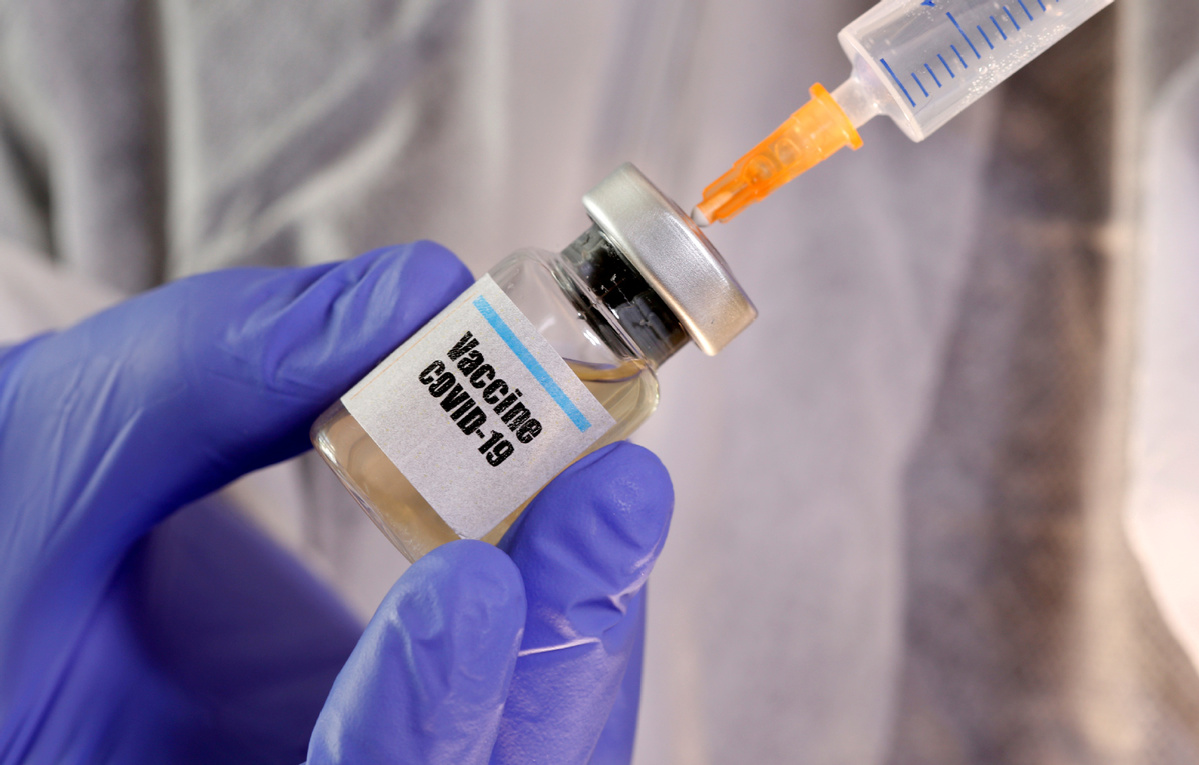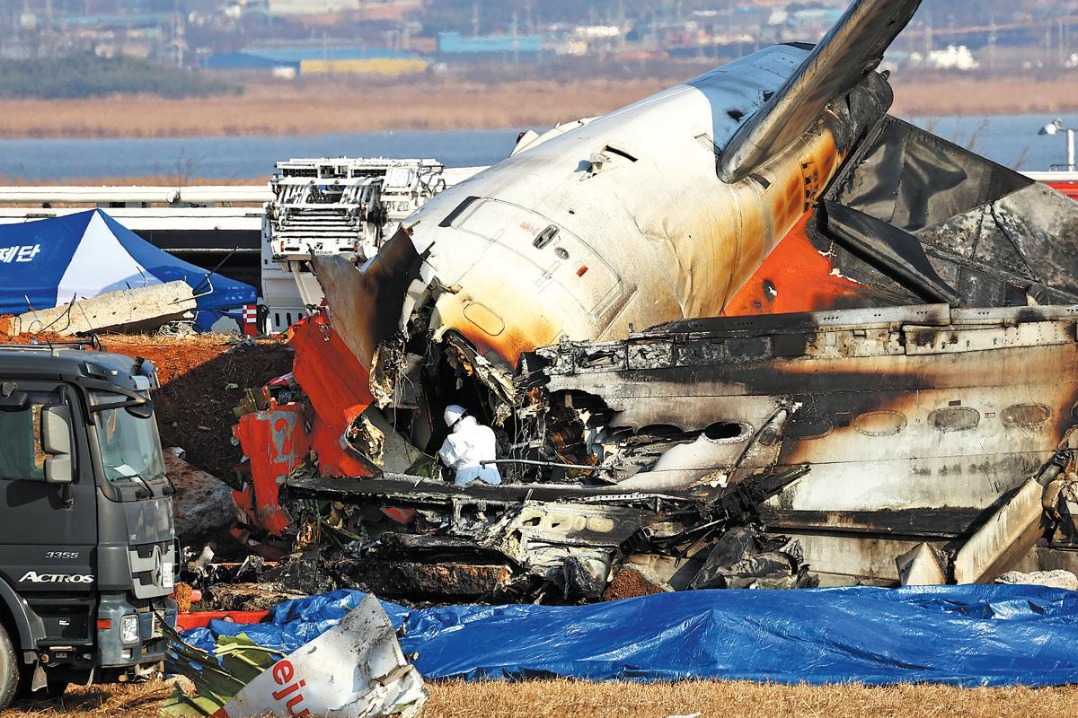Joined-up global thinking is best hope in vaccine search
By Harvey Morris | China Daily Global | Updated: 2020-09-08 10:46

New cases of COVID-19 infection are dramatically down in those Asian countries that were first struck by the pandemic and that took early stringent measures to contain it.
Elsewhere, however, infection rates are still on the rise, underlining the scientific consensus that there will not be a complete return to normal until a safe vaccine is widely available.
Or perhaps that should be vaccines plural. Data published this month shows that worldwide, 321 potential vaccines are being developed, with one-tenth already undergoing clinical trials. Of those potential vaccines, 11 are in China.
There has been an unprecedented effort by scientists, drug companies and governments to support development of a range of vaccines. But experts have warned against taking testing shortcuts that might compromise safety.
They have also stressed that vaccine development is a global effort, requiring global cooperation.
That point was highlighted by China's Foreign Minister Wang Yi, who this month underlined the need for members of the G20 to strengthen cooperation in vaccine development, accessibility and affordability.
Meanwhile, an expert in the United Kingdom who also stressed the importance of global cooperation has warned against the phenomenon of "vaccine nationalism", in which some governments try to score political points by making exaggerated claims that "their" vaccine would be ready by the end of the year.
Jeremy Farrar, a member of the UK government's COVID-19 advisory committee, wrote at the weekend that politicians should avoid claiming that a perfect vaccine is just around the corner, or would provide a complete and immediate solution.
There would be no single silver bullet to combat the pandemic, Farrar cautioned, and politicians should avoid creating false hopes.
The urgency of finding a vaccine must not mean compromising safety, he wrote in the Observer newspaper.
Farrar and other international experts have also stressed the importance of fair and global allocation of any vaccines that might eventually be developed.
UNICEF, the United Nations' children's agency, has said it will take the lead in procuring and supplying vaccines to almost 100 low-income and middle income countries as part of COVAX, the COVID-19 Vaccines Global Access Facility.
While 172 governments met this week's deadline to sign up to the program, that number did not include the United States.
President Donald Trump's administration has refused to cooperate in an initiative that involves the World Health Organization.
Taking aim at two of Trump's regular propaganda targets, a White House spokesperson said: "The United States will continue to engage our international partners to ensure we defeat this virus, but we will not be constrained by multilateral organizations influenced by the corrupt World Health Organization and China."
Farrar wrote that the US stance was disappointing, stressing that "enlightened global leadership is badly needed at this time of crisis".
Meanwhile, against the guidance of his own medical experts, Trump has suggested that a vaccine would be available in October, ahead of the November election in which he is seeking a second presidential term.
Trump's challenger, Joe Biden said:"My guess is he is going to announce a vaccine. He's going to say it's going to be available around election day. He's going to hype it."
Apparently reflecting Biden's concerns, major US drug companies are reported to be considering a public pledge not to seek government approval until vaccines they are developing are found to be safe and effective.
There are fears that the premature release of an inadequately tested vaccine would not only pose a threat to public safety, but might also fuel the so-called anti-vax movement.
Opposition to widespread vaccination is particularly strong in the US and includes those who deny the existence of COVID-19 or regard it as the result of some dark global conspiracy.
In the absence of a vaccine, efforts to contain the impact of the pandemic have been mixed. In mainland China, new infections, all of them imported, have fallen to around a dozen a day.
South Korea was similarly effective in bringing an initial outbreak under control in April. But a resurgence in August showed how even the best prepared countries are vulnerable to new outbreaks.
In the absence of a vaccine, governments have sought to keep local infections low by imposing travel restrictions from more vulnerable countries, even close neighbors.
In an age of globalization, that is not a strategy that looks tenable in the long run.
The public in many parts of the world are straining against the social restrictions that have become a daily part of the "new normal" and are having an impact on economies worldwide.
But such restrictions may continue to be necessary, or will need to be reimposed, as and when infection rates rise.
A vaccine, or vaccines, may not be just round the corner, but the global effort to develop them safely remains the best hope.
Harvey Morris is a senior media consultant for China Daily UK.
























